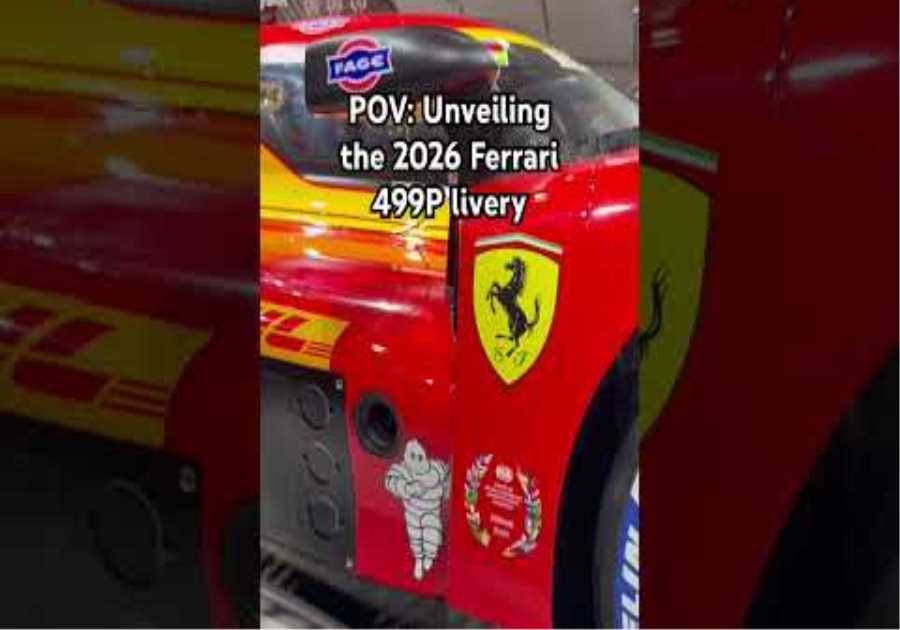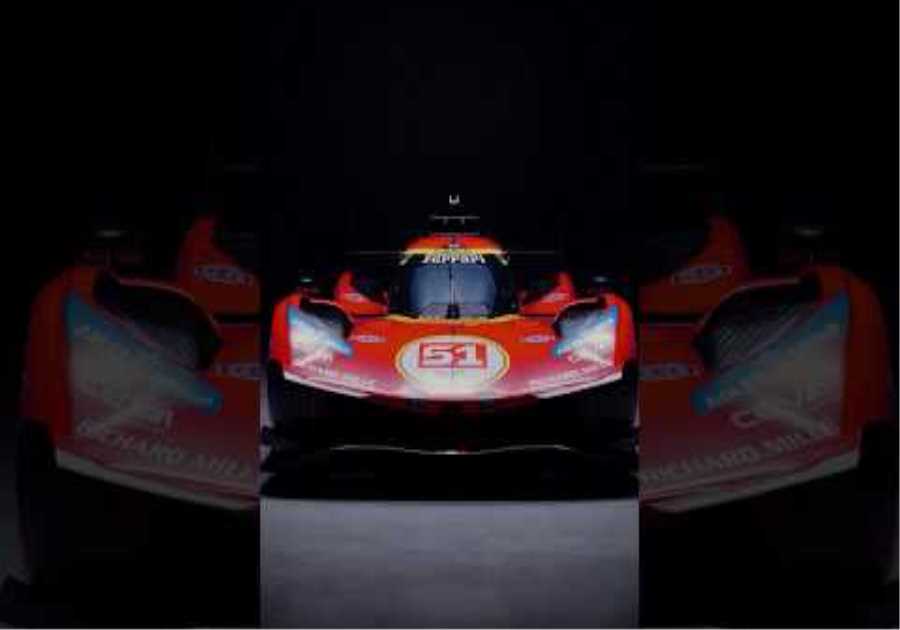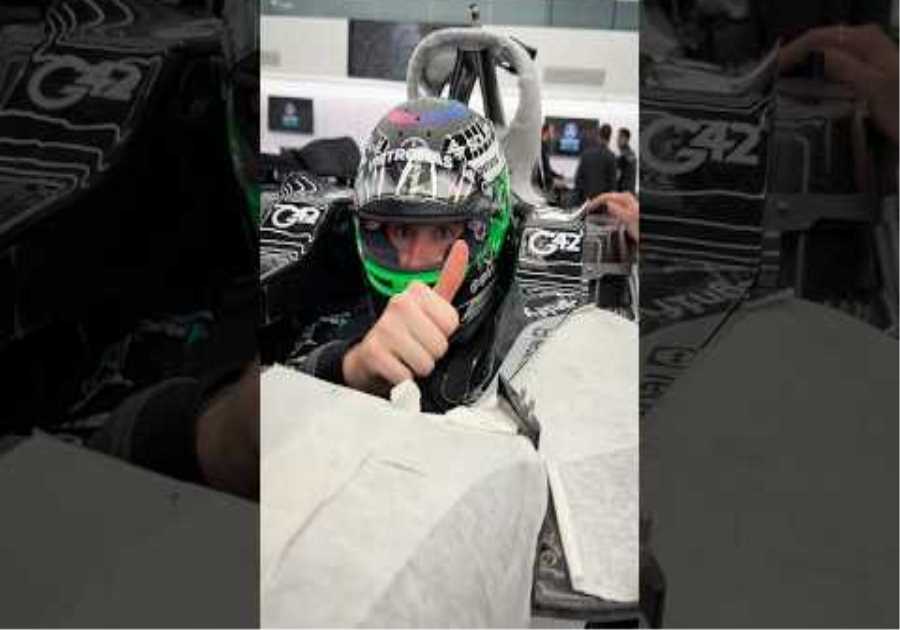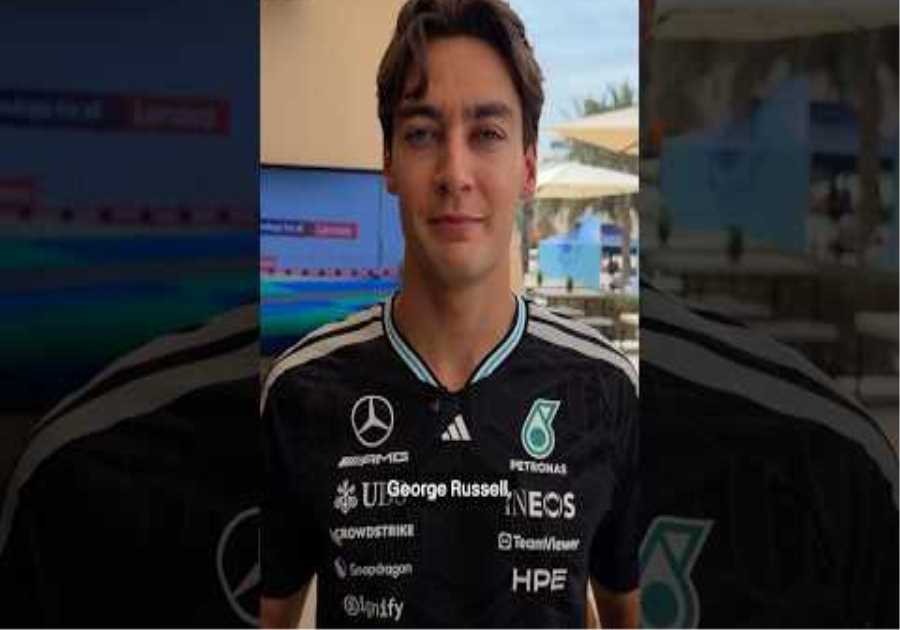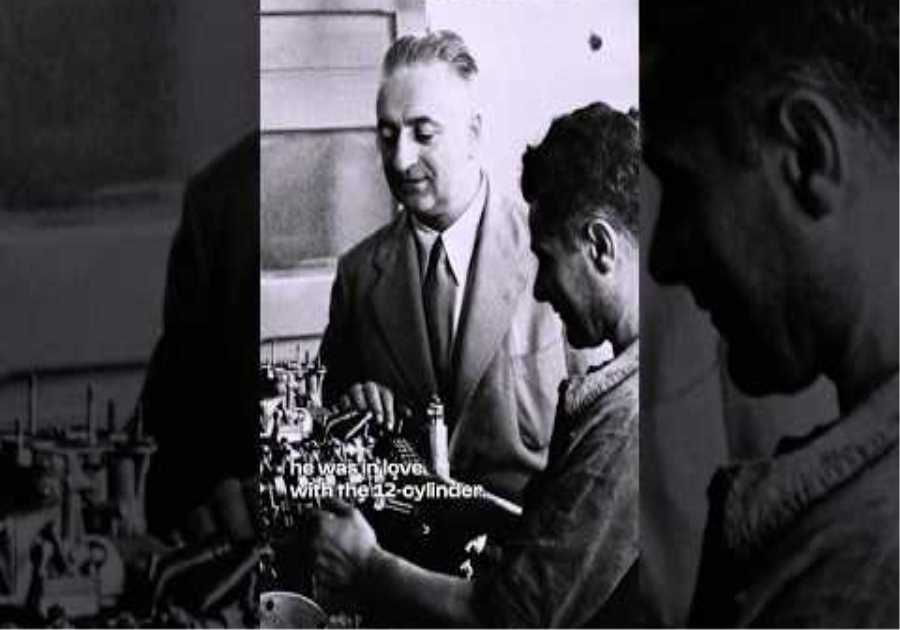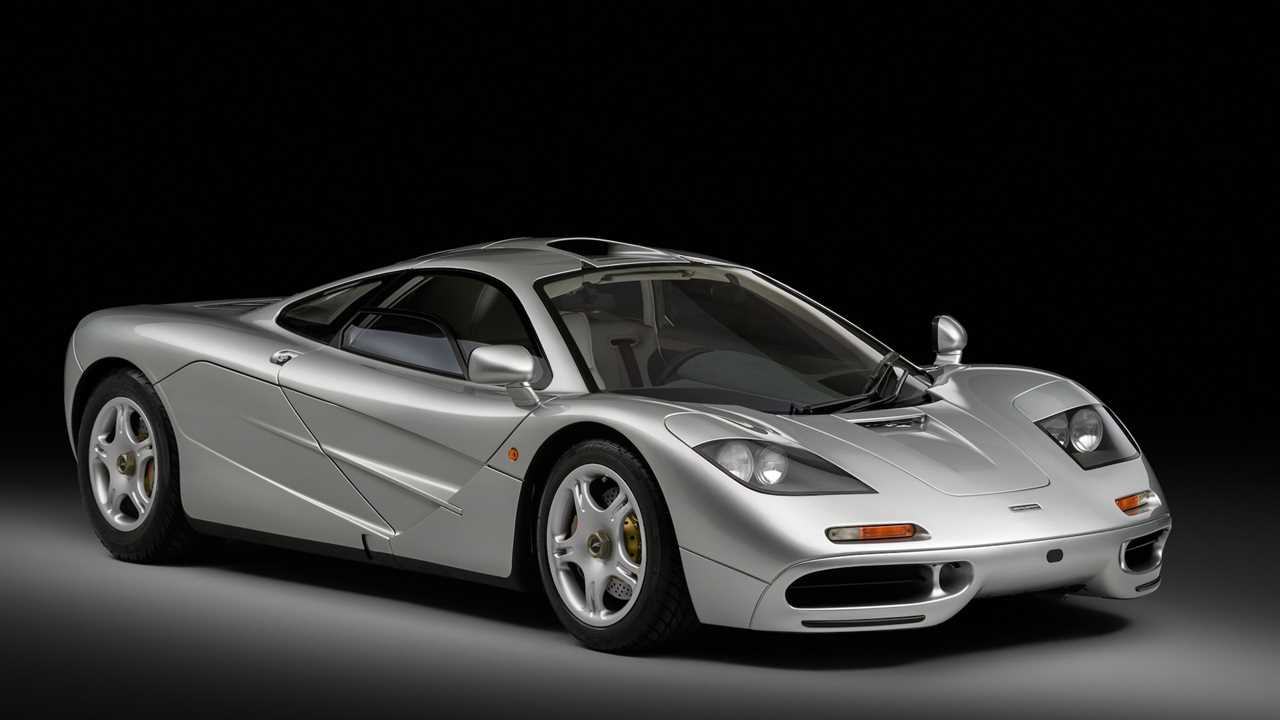
Times have been tough at McLaren Automotive. Last year, the supercar company founded by former McLaren Group boss Ron Dennis to cash in on the cachet of one of the world’s most successful Formula 1 teams was teetering on the brink of bankruptcy. But it stabilized with a string of dramatic financial moves, which included a major cash injection from shareholders and the sale of the famous McLaren Technology Center.
Still waters run deep, however. BMW, Audi, and Porsche have all reportedly been kicking the tires at McLaren Group, which owns 100 percent of McLaren Automotive and 75 percent of McLaren Racing, with a view to a possible purchase.
See all 24 photos
BMW and McLaren have worked together before. The 618-hp 6.1-liter V-12 that powered the Gordon Murray-designed McLaren F1 hypercar launched in 1992 was designed and built under the watch of BMW’s legendary race engine guru, Paul Rosche.
On paper, a BMW bid for McLaren makes sense. Unlike Mercedes-Benz, which is forging an ever-closer relationship with Aston Martin, or Volkswagen, which owns Lamborghini, BMW does not have a high-end supercar brand. Buying McLaren would plug the obvious gap in its product portfolio between the Rolls-Royce and BMW lineups.
The Audi and Porsche plays are more complicated. Audi’s parent, the Volkswagen Group, already owns Lamborghini and Porsche. Why on earth would Volkswagen want a third supercar brand?
“It’s all about Formula 1,” says an insider close to execs mulling the move. Indeed, at the time of writing, VW Group board has all but 100 percent confirmed plans for both Audi and Porsche to compete in F1 from 2026, when new technical regulations will come into force. The only question is how they do it.
See all 24 photos
Like BMW, Porsche has worked with McLaren before. Unlike BMW, Porsche has worked with McLaren in F1, designing and building the TAG-Porsche-branded turbocharged V-6s that powered the team’s cars to 25 grand prix wins between 1984 and 1987.
However, Porsche is believed to favor working with Red Bull Racing. Even though the team has committed to its own engine development program as incumbent supplier Honda pulls back, Red Bull boss Christian Horner has said he’s willing to talk with manufacturers about engines. It will all come down to numbers: Having an outside engine supplier will reduce costs, but Red Bull will weigh whether that offsets the higher budget cap, increased dyno time, and bigger capital expenditure allowances it would gain as an engine manufacturer.
If Red Bull wants to go its own way, McLaren could provide an alternative path for Porsche to get back into F1. One complication: Under pressure from the Porsche and Piëch families, who watched how profitable Ferrari was when detached from FCA, Porsche is about to be spun off with a partial IPO that’s set to value it at about $100 billion. Acquiring McLaren Automotive would be a distraction.
Audi CEO Markus Duesmann, who also heads VW Group’s R&D operations, is a former BMW and Mercedes executive who headed the F1 powertrain development operations at both companies. That perhaps explains why Audi has announced it wants to develop its own F1 powertrain in-house.
See all 24 photos
Purchasing McLaren would give Audi relatively easy entry into motorsport’s elite category, and acquiring the road car operation would be less of a problem than it would be for Porsche. Sources suggest that under Audi, the McLaren Automotive lineup could become more diverse, with an SUV and more affordable sports car models underpinning a core mid-engine supercar coupe and convertible range, plus limited edition hypercars at the top end.
McLaren Automotive has not become the Ferrari production car rival Dennis wanted it to be, but that doesn’t mean he got it all wrong. The potential is still there. Just ask BMW, Audi, and Porsche.

